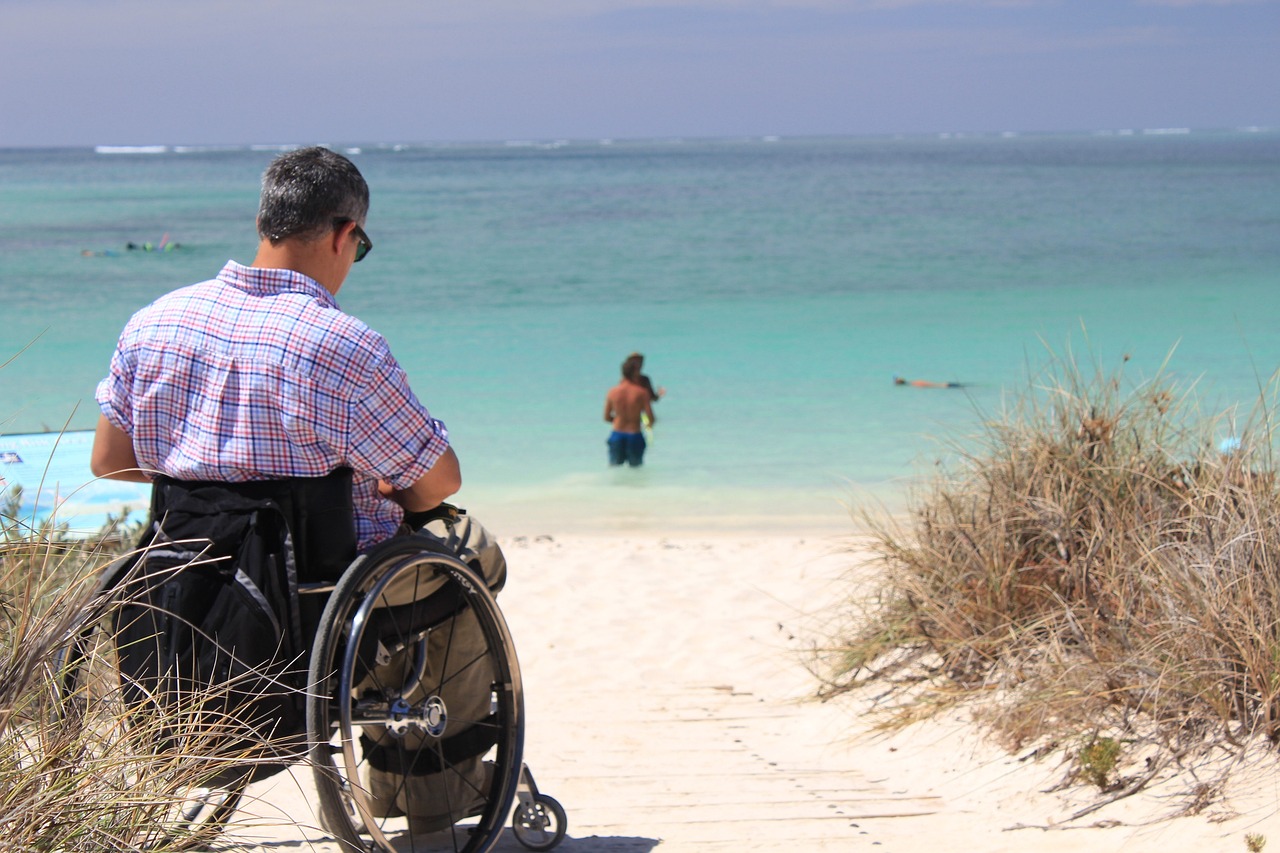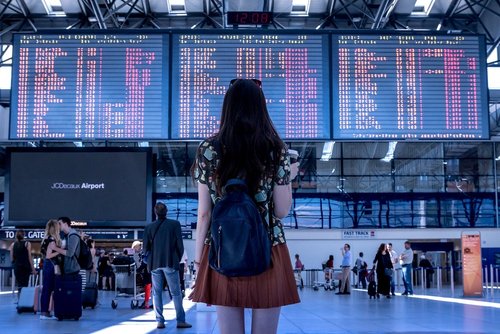All you need is to be organised and plan ahead so you have everything arranged to make a successful trip.
Leave no stone unturned when considering the routes' accessibilities and medical needs. Some extra research can also unlock new adventures whether traveling locally or flying internationally.
This guide will help you through essential aspects and will help in making it an enjoyable journey with unforgettable memories.
1. Research Destinations
Where to you want to travel to? Close to home or the other side of the world? There are lots of websites, forums and blogs from disabled travellers offering insights and tips for a successful trip. You will need to consider transport and if flying make sure when you complete your booking you let the airline know of any special requirements.
If you do want to travel abroad you will need to check destinations are right for you and will be able to cater to your needs. Some countries are much better than others when it comes for infrastructure and facilities for disabled travellers.
2. Accommodation
On all major hotel and accommodation booking websites you can use filters or check reviews to see how disabled friendly places to stay are. One of the best ways to know what is best for you is to read reviews and see past travellers experiences.
3. Check Your Travel Insurance
Ensure the policy coverage is considerable, including cancellation due to health problems, hospitalization, or other medical emergencies abroad. Some of these policies have clauses relating to pre-existing conditions. Reading the fine print and verifying if they cover one is essential.
Contact your insurance provider and discuss your unique needs and possible considerations that can be considered an extension to you. You will understand what is covered and how any claims that may arise while traveling can be handled, making it much easier for you if something goes wrong.
4. Pack Enough Medication
List the medications taken with their generic name, dosage, and use. Take adequate medication for the entire trip, adding extra days in the event of delays. It's advisable to keep medicines in their original packaging to avoid mix-ups.
Also, bring a copy of your prescription for an easy time during refills while traveling. Besides packing your medication, it is equally important to look up the availability of medications in the country where you will be traveling.
Some may not be available, or they might be in a different category concerning regulations. Pre-knowledge makes for less possibility of complications.
5. See if Your Benefits Will Be Affected
Research any current benefits to see whether they will continue while you are abroad. Confirm if your benefits provider requires notification of travel. Additional paperwork or proof of continued benefit eligibility may be needed for travel abroad.
It's also good to learn about how the rest of the world interacts with your home country, as far as the benefits go. Knowing this will also help you wade through some of the bureaucratic problems you might face.
Know more about the disability benefits timeline to help you act accordingly. Learn more also about the procedures and documents necessary during the claim process.
6. Check for Immunizations
Specific health requirements exist for some destinations, and you may need vaccinations to help prevent illness. See your healthcare provider or a travel medicine specialist based on your underlying health condition and travel plans for specific recommendations.
It is also a good idea to keep a record of your immunizations and take along any documentation that may be required. This information could be critical in proving you have received a vaccine, if necessary upon arrival, or even if you must seek medical treatment abroad.
7. Check You're Fit to Fly
Your healthcare provider might assess your health and give recommendations or documentation that may be required by the airline or airport. They can also advise you about dealing with your condition during the flight, such as strategies for managing pressure change or prolonged periods of immobility.
Also, notify your airline about the facilities you may need at the airport, whether in the form of priority boarding, assistance with luggage, or even flight assistance. Pre-engagement will avoid distress and tension during flying.
8. Remember All Your Mobility Aids
Make a complete list of all your mobility tools, from wheelchairs to walkers or anything else you use to move around. If flying, advance notification to the airline about your mobility aids and confirm what its process and procedures will be for transporting your mobility aids.
For foreign travel, familiarize yourself with the regulations impacting your host country. Not all countries have similar rules and facilities, so the better informed you are about these issues before your journey, the less likely problems or delays will ensue.
Get Prepared for Your Next Trip
Traveling with a disability can be a gratifying and enriching experience if one is well-prepared. Consider familiarizing yourself with the travel requirements to have an easy time at the checkpoints and carry all the necessary supplies. Concentrate on your health, such as getting the necessary immunizations and ensuring you're mentally and physically fit.








